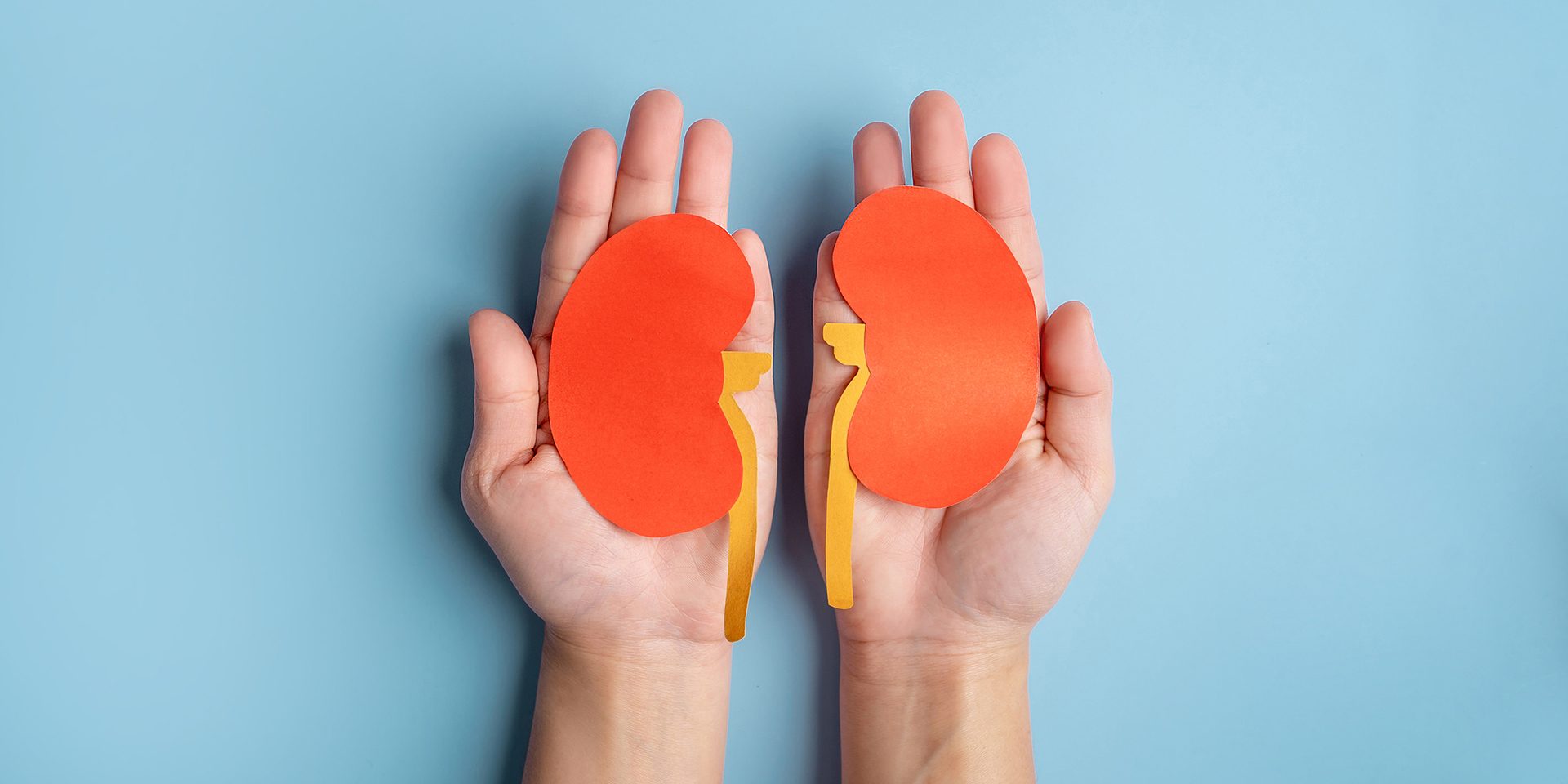
Comparing dialysis treatments for end-stage kidney disease (CONVINCE trial)
One in ten people worldwide have chronic kidney disease. Some of them progress to end-stage kidney disease (ESKD), which is when their kidney function falls below around 10% of normal. ESKD cannot be cured and people with the condition require either a kidney transplant or lifelong treatment with dialysis. Currently, haemodialysis is the most common form of dialysis used in the treatment of ESKD. However, it is not good at removing larger waste molecules from the blood and is often associated with a poor quality of life.
A large international multi-centre clinical trial (CONVINCE) investigated the superiority of an alternative dialysis treatment, haemodiafiltration, as compared to haemodialysis. Haemodiafiltration more effectively removes larger molecules that are accumulated, and was hypothesised to have better outcomes in terms of mortality, cardiovascular events, and quality of life.
The research team sought to determine the best treatment by conducting an international trial involving 1,360 patients across 61 study sites in 8 European countries (France, Germany, Hungary, the Netherlands, Portugal, Romania, Spain, and the United Kingdom). Led by researchers at University Medical Center Utrecht in the Netherlands, the trial was a multi-national collaboration with The George Institute for Global Health, University College London, Charité Universitätsmedizin Berlin, University of Bari and three dialysis providers, Fresenius Medical Care, Diaverum and B. Braun Avitum. It was funded by the European Commission via the Horizon 2020 Research and Innovation Program.
The results of the trial were declared in April 2023. During a median follow-up of 30 months, it was found that all-cause mortality was 23% lower in people treated with haemodiafiltration than those receiving haemodialysis. In-depth analyses are currently underway that will look at the effect of haemodiafiltration on patient-reported outcomes and its cost-effectiveness.




